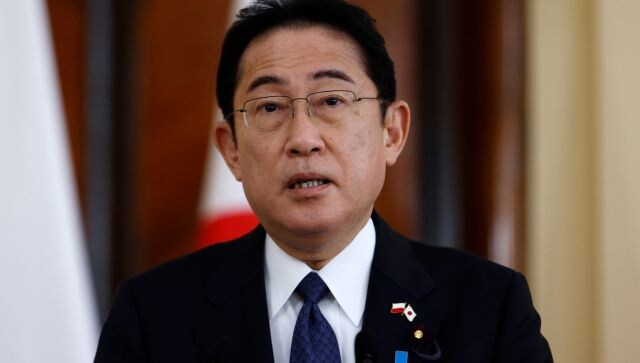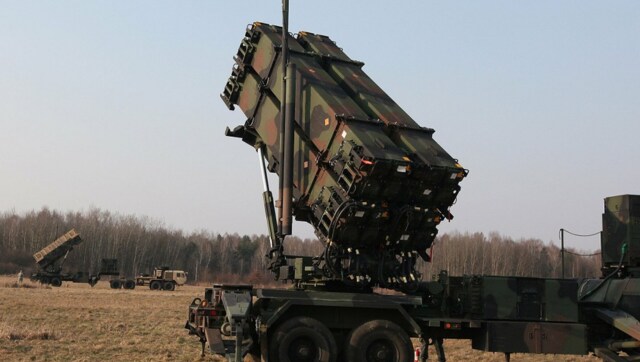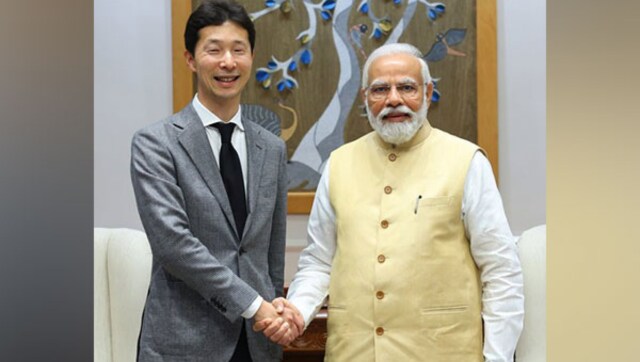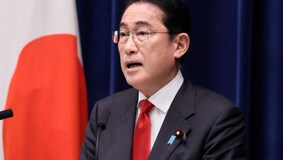Japan's PM Kishida proposes childcare programme expected to cost $22 billion to tackle birth rate decline
The government announced a plan to increase child care over the next three years in March, but the problem of paying the huge expenditure package, such as tax increases or debt difficulties, remains unanswered

Japanese Prime Minister Fumio Kishida. AP
Prime Minister Fumio Kishida has proposed a childcare programme that is expected to cost the Japanese government roughly 3 trillion yen ($22.2 billion) per year, according to a report by Jiji news agency on Thursday. This policy is intended to help reverse the dropping birth rate.
The government announced a plan to increase child care over the next three years in March, but the problem of paying the huge expenditure package, such as tax increases or debt difficulties, remains unanswered.
According to Jiji, the administration intends to progressively increase the size of the funding beginning in fiscal 2024-25 and secure the required amount by the conclusion of the policy term.
Related Articles
Kishida has said the government will identify the funds for the childcare policy by June and he was not planning to hike consumer sales taxes to that end.
Government officials could not be reached for comment outside of business hours. Jiji is one of the two major domestic news agencies in Japan with a track record of scoops.
Some ruling party lawmakers have floated the idea of issuing extra bonds, with the justification that education-purposed bonds should help future generations, while the government is struggling to come up with permanent sources of secure revenue.
Kishida has announced a plan to boost childcare support, following another big spending plan to double a national military outlay. These plans would strain Japan’s already dire public debt, which is over twice the size of its annual economic output.
The government earmarked around 6.1 trillion yen for the last fiscal year that ended in March to arrest the decline in the number of births.
Japan is among the world’s fastest ageing societies, with the annual number of newborns falling below 800,000 for the first time, having previously peaked at 2.09 million in 1973 during the second baby boom.
The declining birth trend has been blamed for a worsening labour shortage and reduced long-term economic growth potential.
($1 = 135.0500 yen)
Read all the Latest News, Trending News, Cricket News, Bollywood News,
India News and Entertainment News here. Follow us on Facebook, Twitter and Instagram.
also read

China slams Japan after deployment of Patriot PAC-3 missile near Taiwan
With military analysts in Beijing criticising Japan's placement of a US-made Patriot missile defence system at Miyako Island, which is close to Taiwan, the breach between archrivals China and Japan is certain to grow

Japanese farmer harvests 'winter-special' mangoes naturally, sells each for Rs 19,000
The Japanese farmer grows mangoes through a natural process in a greenhouse during winter

PM Modi meets CEO of Japanese semiconductor firm
Earlier in March, Prime Minister Narendra Modi met NXP's President and Chief Executive Officer Kurt Sievers. The two discussed the transformative landscape in the semiconductors and innovation world


